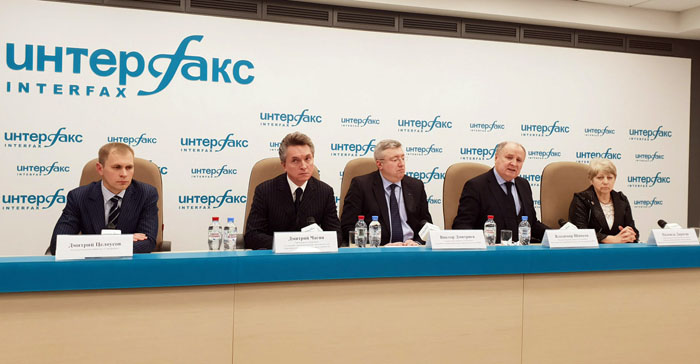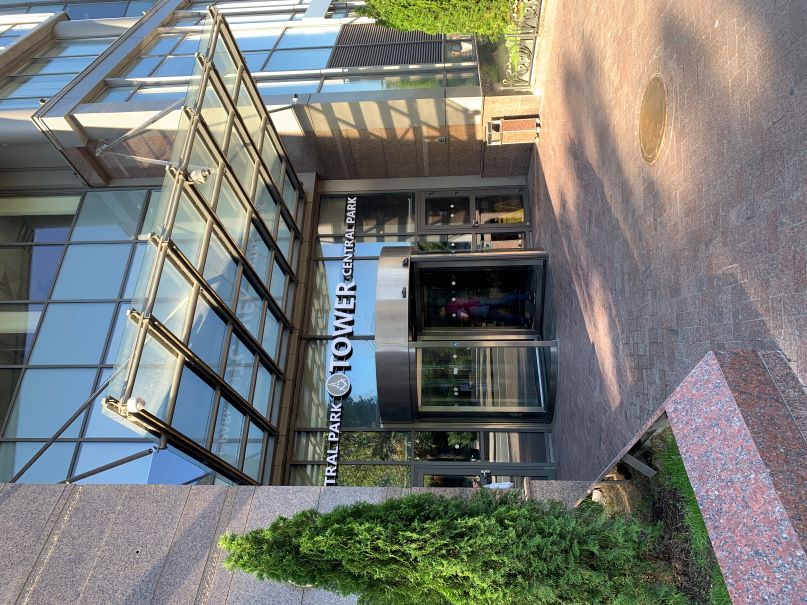Leading associations of the pharmaceutical industry identified risks to drug provision due to a radical change in T&T concept
18.12.2018
December 18, 2018, Moscow – The pharmaceutical industry professional associations called for maintaining the technical conditions for implementing the project for monitoring the movement of medicines within the framework of the requirements developed earlier in the pilot project. At the same time, the Association of Russian Pharmaceutical Manufacturers, the Association of International Pharmaceutical Manufacturers, the Association of Pharmaceutical Manufacturers of the Eurasian Economic Union, the APF National Association of Pharmaceutical and Medical Products Manufacturers, the Soyuzpharma Association of Pharmaceutical Institutions reaffirmed the principled commitment of their associations to the implementation of a system of labeling and traceability of medicines.
Representatives of the industry indicated that the introduction of new approaches significantly changing the technical parameters of the project by including a cryptocode would inevitably entail negative consequences for the drug provision system. To date, no technological solution has yet been found that allows manufacturers to apply a cryptocode with guaranteed readability throughout the whole distribution chain during the entire shelf life of themedicine. In addition, many questions are raised by the current degree of readiness of health facilities, pharmacy organizations, and first aid stations throughout the country, both within the framework of the already initiated pilot project and in the light of the new requirements for the use of a cryptocode. The new format, which is proposed to the pharmaceutical industry today, significantly disavows all the intermediate results achieved by now.
Speaking at a press conference, Viktor Dmitriev, General Director of the Association of Russian Pharmaceutical Manufacturers, stressed that "one cannot but agree that the transparency of the market, the ability to track the movement of each specific package of drugs provided by the labeling is a serious blow to fake and low-quality medicines. However, the alleged redundant technology with cryptographic protection, leading to higher product prices and removing domestic drugs from the market, discredits the idea itself and immensely enriches the beneficiaries of CRPT LLC. This should not be allowed!"
"Drugs are not fur coats, tobacco products, alcohol or shoes. We consider it is our professional duty to convey to the public all the risks that may arise in connection with the addition of a crypto-element. The industry is ready to provide labeling of medicines within the statutory timeframe while maintaining the current parameters of the project and thereby guarantee the assortment and physical accessibility of medicines. Any serious change in the project conditions requires a new full-fledged pilot project. We are ready for constructive interaction with all interested parties in order to ensure the uninterrupted supply of drugs. But so far, unfortunately, we do not see any reciprocity on the part of the project operator", said Vladimir Shipkov, Executive Director of the Association of International Pharmaceutical Manufacturers.
"Our Association supports the activities of the Government of the Russian Federation and the authorized state bodies in terms of creating and implementing a modern system for monitoring the movement of medicines for human use, meeting the interests of developing and further building up the international competencies of the domestic pharmaceutical manufacturers", said Dmitry Chagin, Chairman of the Board of the Association of Pharmaceutical Manufacturers of the Eurasian Economic Union. At the same time, the Association, which is actively involved in conducting the medicine labeling experiment, expresses concern about the rapid major changes in the rules of the game without full technical testing, which will make it impossible for the Russian pharmaceutical industry to integrate into the international infrastructure and create risks of defective medicines for the population of the EAEU countries", said the expert.
"The manufacturing companies have invested heavily in equipping production lines and purchasing the necessary equipment, including in the framework of state subsidies presented by the Ministry of Industry and Trade of Russia. Innovations in the form of a "crypto-tail" nullify these investments, significantly worsen the technological parameters of medicine production, increase the number of defects, which will drastically affect the cost of production and availability of medicines, in the first place those of the low-cost segment", said Nadezhda Daragan, Chairman of the Coordination Council of APF Associations of Manufacturers of Pharmaceutical Products and Medical Products.
For the retail level, the inclusion of a cryptocode also seriously complicates the work, and all current questions remain unanswered. "The system does not work even in pilot mode. To work out the labeling model, systematic work is needed with all links of the distribution chain, including pharmacies. Otherwise, the paralysis of the drug provision system is inevitable", said Dmitry Tselousov, Executive Director of Soyuzpharm, supported by other participants of the press conference.
In conclusion, the representatives of the associations noted the need to legislate the responsibility of the operator, to involve the professional community in working out balanced decisions, the inadmissibility of manipulating figures and facts regarding the success of the project. At the same time, the speakers called for a broad constructive dialogue of all stakeholders in order to preserve and expand the availability of drug provision.

